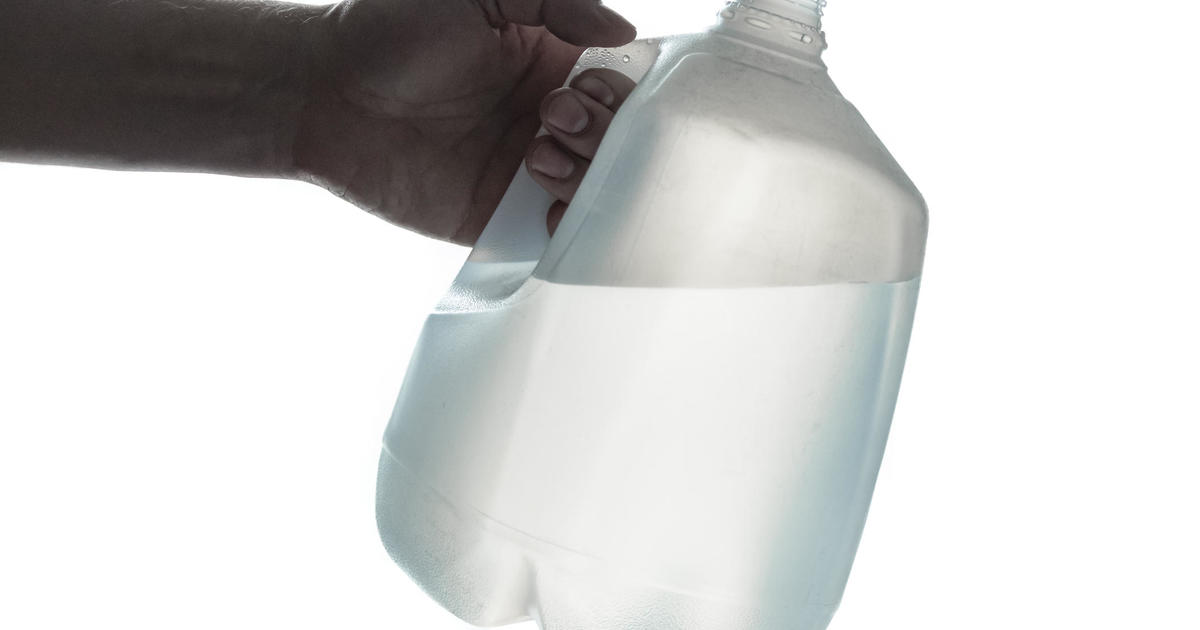FDA finds dirty equipment, dozens of other issues at eye drops factory linked to deadly outbreak
Federal inspectors found dozens of issues at an eye drops manufacturer now linked to a fatal outbreak of drug-resistant bacteria, inspection records released by the Food and Drug Administration show, ranging from dirty equipment and clothing to missing safeguards and procedures.
The FDA's findings were detailed in citations issued to Indian manufacturer Global Pharma Healthcare Pvt Ltd after an inspection from February 20 through March 2. This appears to have been the company's first visit from the FDA to their plant in India: no other inspections are on record for the site.
That inspection came in the wake of a swelling multistate outbreak of rare and extensively drug-resistant bacteria that was linked to eye drops manufactured by the firm, which had been branded as EzriCare and Delsam Pharma.
Dozens of people have been infected in the outbreak, which has included at least eight reports of vision loss and three deaths, the Centers for Disease Control and Prevention says. All of the "artificial tears" eye drops made by the company linked to the outbreak have since been recalled.
"You used a manufacturing process that lacked assurance of product sterility," the FDA says in the document, which was first reported by STAT News.
Among a range of issues, the FDA's inspectors say they found evidence of poor cleaning procedures throughout the facility and substantial gaps in written procedures and training for workers at the plant. Scrutinizing the company's records also turned up unexplained discrepancies.
During the agency's visit, booties being used in the company's cleanrooms were observed to be "discolored, and worn-out." The company "did not track or have studies to show how many times" clothing could be reused by workers.
During one walk-through, an inspector "saw a black, brown greasy deposit" on part of one of the company's machines to fill its product into bottles. Logs claimed the machine had been cleaned just weeks before and had not been used since.
Surfaces that came into contact with the packaging "were not cleaned, sanitized, decontaminated, or sterilized" at all. There were also gaps and discrepancies in records of how key filling machines and spaces were cleaned.
Some key tests to double check that products coming off the company's lines were sterile were never done, the agency found, while others that had actually been performed were never validated.
Surfaces around the plant also seemed hard to clean thoroughly. The inspectors noted one filling room had "soft, unsmooth, and cracked sealant, protruding nails, and nail holes" across its walls.
The company also fell short of double checking the ingredients it used to produce its products, instead relying on assurances from their suppliers.
"Your firm failed to conduct at least one test to verify the identity of each component of a drug product. Your firm also failed to validate and establish the reliability of your component supplier's test analyses at appropriate intervals," the inspectors wrote.
Drug-resistant bacteria
Early in the outbreak, authorities had only turned up evidence of the bacteria in already-opened bottles of Global Pharma Healthcare's products. That left open the possibility of another source for the outbreak. Testing from still-closed artificial tears products looked clean.
Authorities had faulted the company for not using preservative in its reusable eye drops bottles, which raised the risk of bacteria growing in opened bottles.
But the FDA later expanded their warning to another eye product manufactured by Global Pharma — Delsam Pharma's Artificial Eye Ointment — after an analysis by the agency "found unopened tubes to be contaminated with bacteria." 50,000 products were recalled of that ointment.
It is unclear what bacteria the FDA turned up in its analysis and whether it matches the strain in the fatal outbreak.
Representatives for FDA and for Global Pharma did not immediately return requests for comment.
The strain in the outbreak — a type of drug-resistant Pseudomonas aeruginosa — is so rare that it had never been reported in the U.S. before.
Doctors have few options for treating patients battling these infections, though there is a potential treatment using phage therapy — deploying viruses that essentially eat bacteria — which researchers at the University of California San Diego's Center for Innovative Phage Applications and Therapeutics identified earlier this month.





